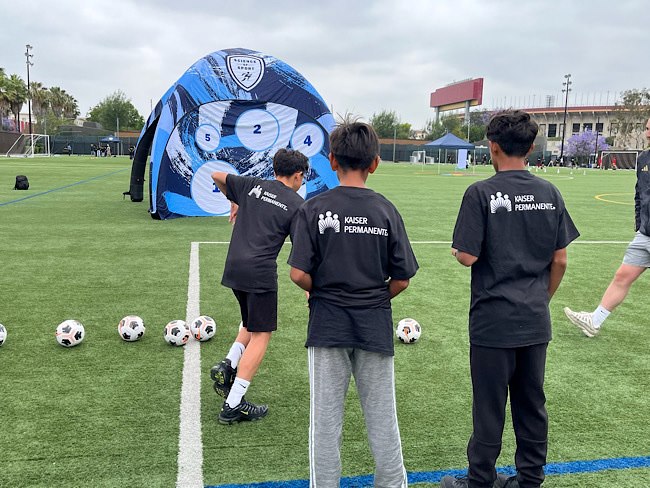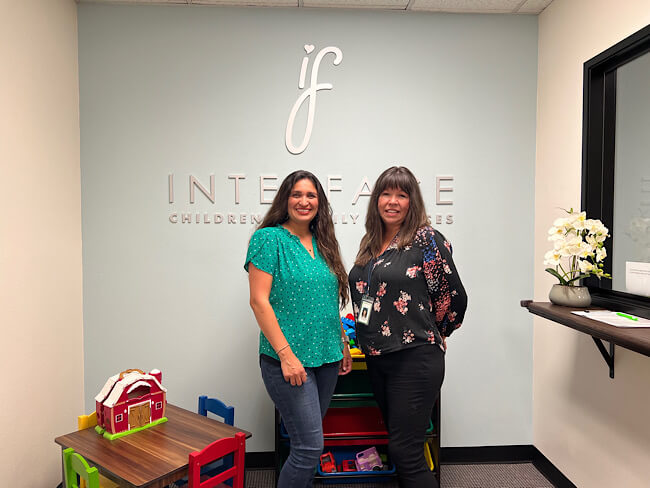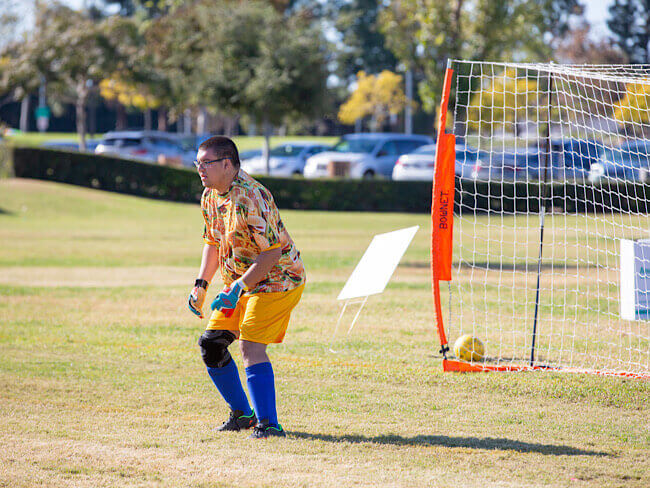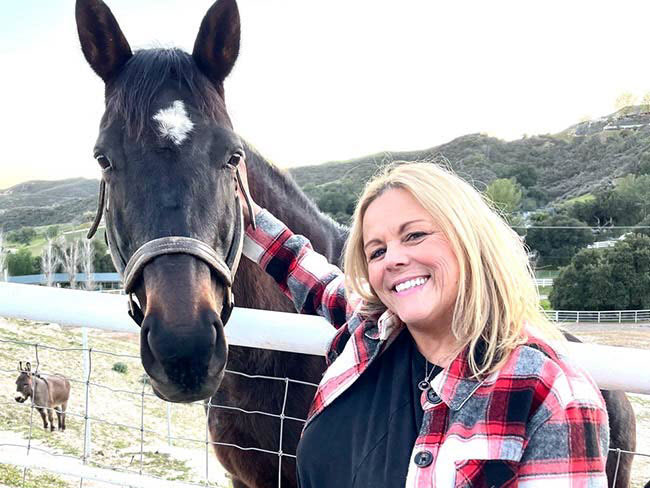Study shows new way to prevent suicides
Primary care teams can make a big difference in their patients’ lives, our researchers find.
Safety planning with patients at risk of suicide during primary care visits helped reduce suicide attempts.
Recent data indicates that the U.S. suicide rate reached its highest level in nearly 2 decades. And for every person who died by suicide, many more attempted suicide.
Our researchers are leading in suicide prevention research by figuring out how health care organizations can identify and help people at risk.
A study recently published by our researchers shows that adding suicide care to primary care reduces suicide attempts. These new findings will help provide better care for at-risk patients and help prevent suicide deaths.
Suicide prevention in primary care
More opportunities exist during primary care visits to identify patients at risk of suicide than during mental health visits. Research shows that more than 40% of people see a primary care doctor in the month before a suicide attempt.
So, our researchers and clinicians in Washington state tested a new approach to suicide prevention. Primary care teams used an annual questionnaire to screen patients for depression and substance use. Patients who said they had relatively frequent thoughts about self-harm were screened further for suicide risk. Those at high risk were referred to members of the care team for safety planning on the same day of their visit. Safety plans are tools that can help empower people to manage painful emotions and difficult situations.
The changes made a big difference. The rate of suicide attempts in the 3 months after a primary care visit was 25% lower with the new approach. The number of documented safety plans also increased by 14%.
The study is the first to show that this approach to identifying and helping people at risk in primary care can reduce the rate of suicide attempts in a health care setting. Having this type of evidence is important for clinics, care teams, and leaders who are dedicated to improving care.
“We saw that bringing suicide prevention practices into primary care made a huge difference,” said Julie Angerhofer Richards, PhD, MPH, the lead author of the study. “This study highlights a real opportunity. We can provide care teams with a road map to identify when someone is at risk and make sure they get support. And we can reach more people by using this approach in primary care.”
How to get help
If you or someone you know is experiencing emotional distress, get help right away.
Suicide hotline
If you’re thinking about suicide, are worried about a friend or loved one, or would like emotional support, call or text the 988 Suicide & Crisis Lifeline.
A chat option also is available at 988lifeline.org.
You’ll be connected directly to a crisis-trained counselor. Support is available 24/7. It’s free and confidential.
Mental health emergency
If you or someone you know needs immediate emergency medical services for a mental health crisis, call 911 or go to the nearest hospital.
Mental health care
Kaiser Permanente members can get connected to care at kp.org/mentalhealth.
Additional help and resources are available.




































